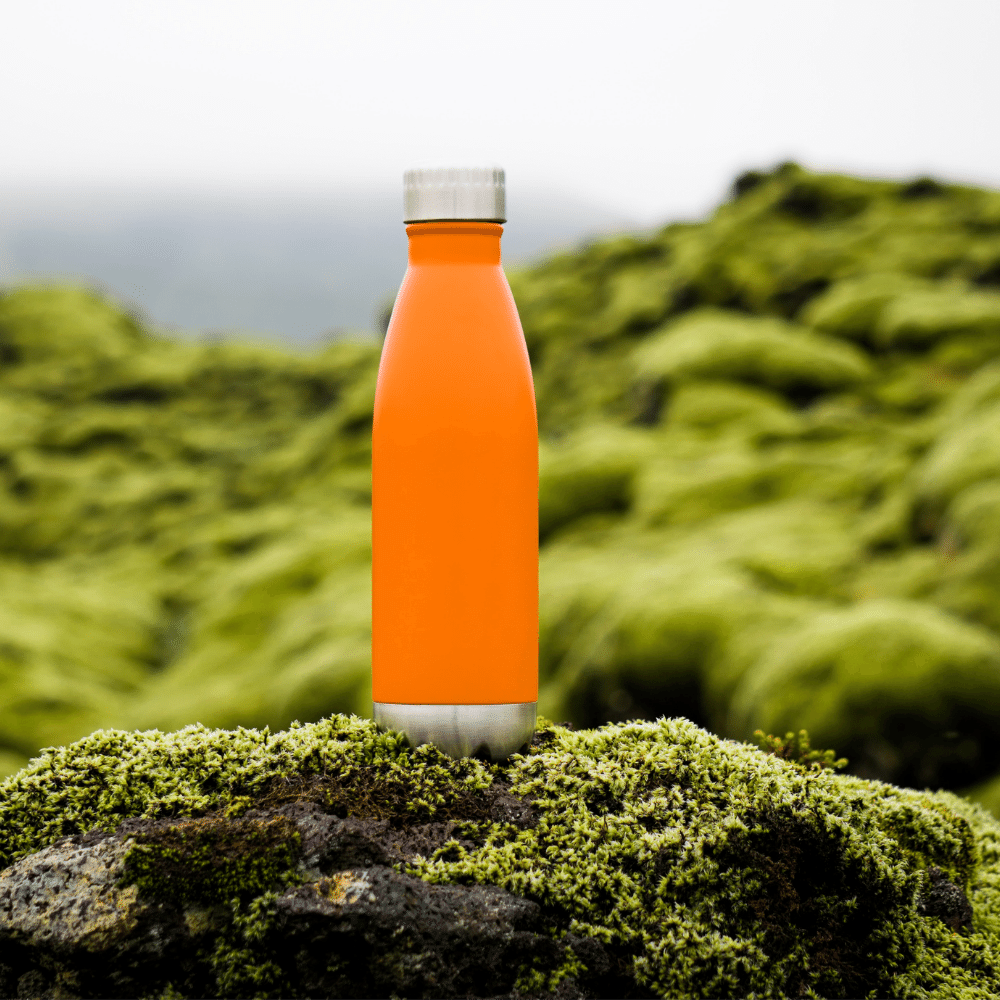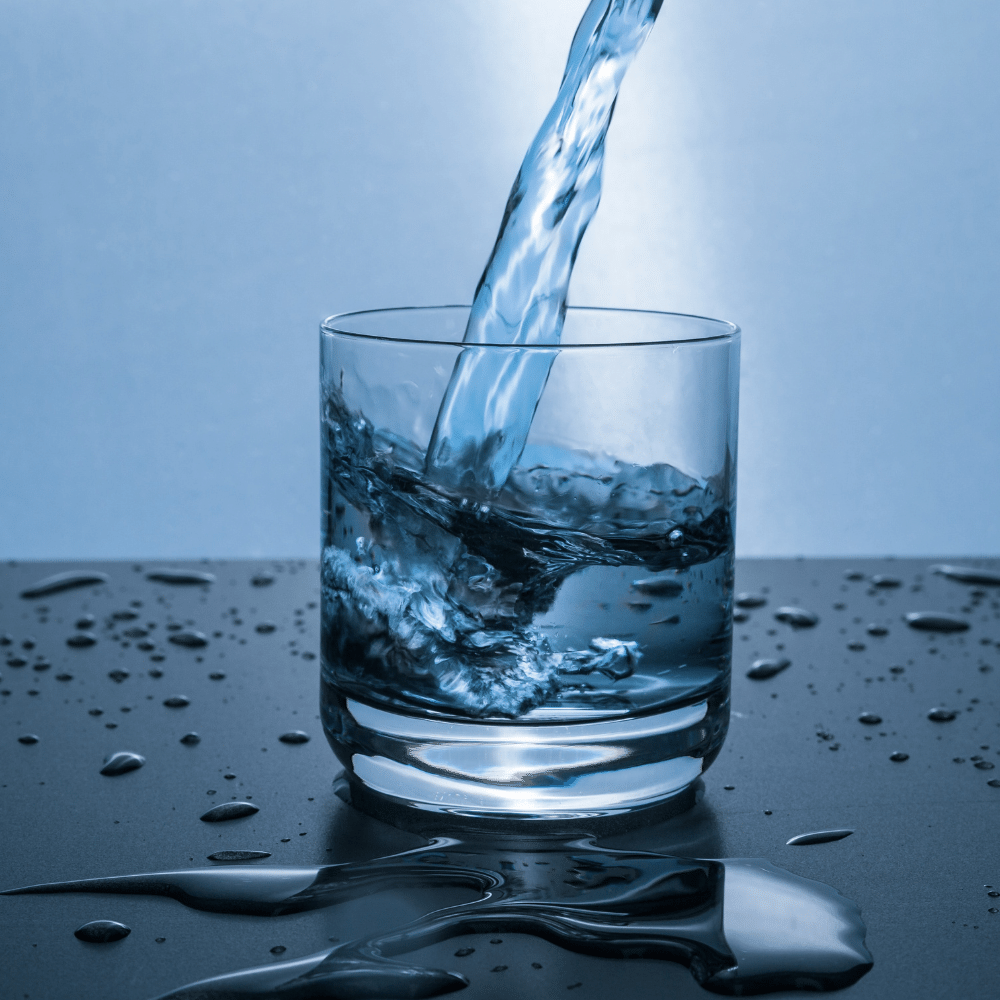Quenching the Thirst for Knowledge: Determining How Many Bottles of Water to Drink Every Day!
In today's fast-paced world, staying healthy and maintaining optimal well-being has become more important than ever. Amidst our hectic schedules and innumerable responsibilities, it is crucial to prioritize our health and take care of our bodies. One of the critical aspects of maintaining good health is ensuring adequate hydration by drinking water. But how many water bottles should we drink in a day to stay hydrated? This comprehensive article aims to answer this vital question and illuminate the health benefits of proper hydration for our overall well-being.
As you explore the following sections, you will uncover the various factors that influence individual hydration needs, such as age, healthy weight, physical activity, and climate. We will also discuss the unique hydration requirements of specific populations like pregnant and breastfeeding women, athletes, and those with medical conditions. Furthermore, we will examine the importance of water for our bodies, highlighting its role in regulating body temperature, aiding digestion, supporting cognitive function, promoting healthy skin, and even helping to lose weight, among other essential functions.
This article will delve into the potential consequences of dehydration, ranging from mild symptoms like fatigue, dizziness, and headaches to severe complications like kidney stones, heat stroke, and even life-threatening conditions. We will provide practical tips and guidelines for recognizing the signs of dehydration, such as dark urine, and taking appropriate action to restore your body's fluid balance by drinking plenty of water.
Generally speaking, healthy adults should aim for eight glasses or half a gallon of water daily. However, factors like intense exercise, hot weather, or certain medical conditions may require you to drink more. In an effort to help you make informed decisions about your daily water intake, we will present various methods for calculating your ideal hydration levels and offer suggestions for incorporating more water bottles into your daily routine, such as using a reusable water bottle. By the end of this article, you will have a deeper understanding of the critical role that hydration plays in your overall health and be better equipped to determine the optimal number of water bottles to drink per day for your unique needs, maintaining a healthy electrolyte balance without consuming too much water.
So, grab a water bottle, whether it's bottled water or from a reusable source, and join us on this fascinating journey towards achieving and maintaining proper hydration.
Factors Affecting Individual Hydration Needs
Determining the ideal amount of water to drink each day is not a one-size-fits-all equation. Several factors influence individual hydration requirements, which can vary significantly from person to person. In this section, we will delve into the primary factors that affect your daily water intake needs: age, weight, physical activity, and climate.
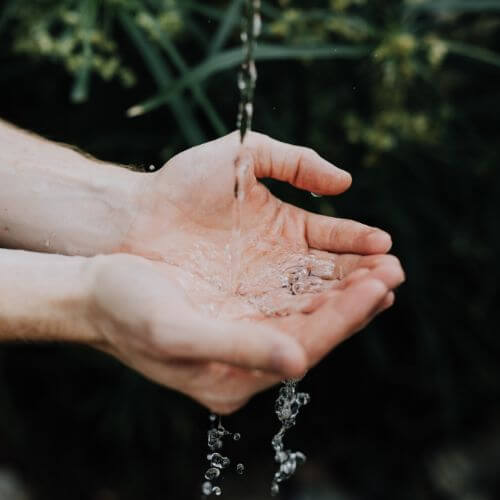
Age plays a significant role in determining your hydration needs. As we grow older, our bodies tend to retain less water, making it essential for older adults to consume more water than younger individuals. Additionally, children and adolescents have different hydration requirements due to their developing bodies and varying activity levels. It's crucial to monitor the water consumption of young ones to ensure they stay adequately hydrated.
Weight is another critical factor when calculating your optimal water intake. Generally, heavier individuals require more water than their lighter counterparts due to their larger body mass. To determine your specific hydration needs based on your weight, you can use various online tools and calculators that take your weight and activity level into account to provide personalized recommendations.
Physical Activity also significantly impacts your hydration requirements. Engaging in regular exercise or participating in sports increases the amount of water your body loses through sweat, making it vital to replenish those lost fluids by drinking more water. The American College of Sports Medicine recommends adding 12 ounces of water for every 30 minutes of exercise to your daily intake.
Climate plays a crucial role in determining your hydration needs. Living in hot or dry environments increases the amount of water your body loses through sweat, making it necessary to consume more water to maintain optimal hydration levels. Additionally, high altitudes can lead to increased water loss through respiration, requiring additional fluid intake for those living or traveling to elevated regions.
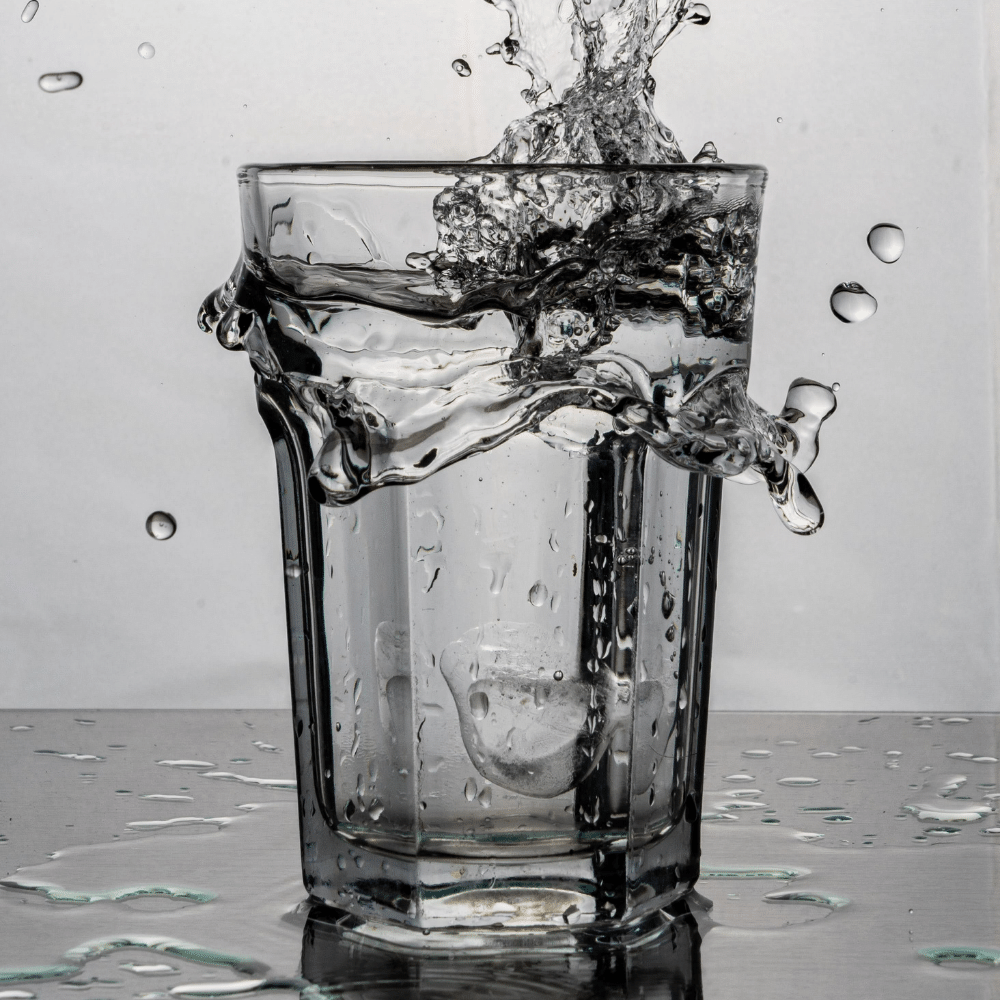
The Importance of Water for Our Bodies
Water is the lifeblood of our bodies, playing a crucial role in various vital functions. In this section, we will explore the importance of water for our bodies, discussing its role in regulating body temperature, aiding digestion, supporting cognitive function, and promoting healthy skin.
One of the primary functions of water is to regulate body temperature through the process of sweating. As we perspire, the water evaporates from our skin, helping to cool us down and maintain a stable internal temperature. This is especially important during exercise or exposure to high temperatures, as excessive heat can lead to dangerous conditions like heat stroke.
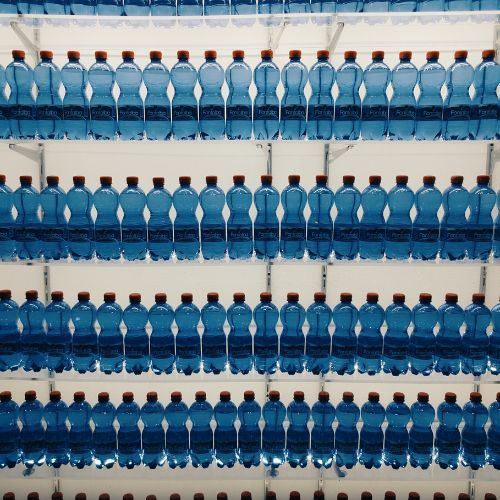
Water also plays an essential role in our digestive system. It helps to break down food and transport nutrients throughout the body, ensuring that our cells receive the necessary fuel to function properly. Moreover, water aids in the elimination of waste by facilitating bowel movements and preventing constipation.
Cognitive function is another area where water is crucial. Our brains are approximately 75% water, and even mild dehydration can lead to impaired cognitive performance, including reduced attention, memory, and reaction time. Staying adequately hydrated is vital for maintaining optimal brain function and overall mental well-being.
Finally, water is critical for maintaining healthy skin. Adequate hydration helps to keep the skin supple and elastic, reducing the appearance of fine lines and wrinkles. Additionally, water supports the skin's natural detoxification process by flushing out impurities and promoting a clear, radiant complexion.
Consequences of Dehydration and Tips for Staying Hydrated
Dehydration transpires when our bodies expel more water than they consume, resulting in a disruption of our fluid balance. In this section, we'll delve into the potential repercussions of dehydration, from mild indicators like fatigue and headaches to serious complications such as kidney stones and heat stroke. We'll also offer valuable guidance on discerning the signs of dehydration and maintaining proper hydration levels. Drinking adequate amounts of water is crucial to stay healthy, as it offers numerous health benefits, including improved skin health. To stay hydrated, it's essential to know how much water to drink and ensure you're consuming enough fluids, particularly during hot weather. By drinking water regularly and keeping an eye on your hydration status, you can enjoy the advantages of being well-hydrated and sidestep the pitfalls of dehydration.
Mild Dehydration can manifest in various ways, including fatigue, dizziness, headaches, and dry mouth. These symptoms can be easily remedied by increasing your water intake and monitoring your hydration levels throughout the day. However, if left unchecked, dehydration can progress and lead to more severe consequences.
Severe Dehydration can result in complications like kidney stones, heat stroke, and even life-threatening conditions. Kidney stones form when there is insufficient water to dilute the waste products in our urine, leading topainful crystals. Heat stroke occurs when our bodies can no longer regulate their temperature due to excessive fluid loss, resulting in dangerously high internal temperatures. In extreme cases, untreated dehydration can lead to organ failure and death.
To prevent dehydration and its associated risks, it's crucial to recognize the signs and take appropriate action to restore your body's fluid balance. Here are some practical tips for staying adequately hydrated:
✅Keep a reusable water bottle with you at all times and refill it regularly.
✅Set reminders or use a hydration tracking app to ensure you're drinking enough water throughout the day.
✅Incorporate water-rich foods into your diet, such as fruits and vegetables.
✅Pay attention to your body's thirst signals and drink water whenever you feel thirsty.
✅Monitor the color of your urine – pale yellow indicates proper hydration, while dark yellow or amber signifies that you may need to drink more water.
How Much Water Should I Drink Per day FAQs
How many bottles of water should you drink per day? It's a question that has left many people pondering, and it's time to quench your thirst for knowledge! Let's dive into the top 5 questions people ask about daily water consumption and serve up some witty, informative answers.
How much water should I drink per day?
While the popular "8x8 rule" suggests drinking eight 8-ounce glasses of water daily, individual needs may vary. Factors like age, weight, activity level, and climate can influence your ideal water intake. Listen to your body, and hydrate accordingly!
Can I drink too much water?
Yes, overhydration is a real thing! While it's rare, excessive water consumption can lead to hyponatremia, a dangerous dilution of sodium levels in the blood. Remember, balance is key – don't go overboard with the H2O.
Are there benefits to drinking more water?
Absolutely! Proper hydration supports bodily functions, boosts energy levels, promotes healthy skin, and even aids in weight management. So go ahead, take a sip and experience the benefits firsthand.
How do I know if I'm drinking enough water?
Keep an eye on your body's signals – thirst, urine color (aim for light yellow), and frequency of bathroom breaks can indicate whether you're well-hydrated. If you're unsure, consult with a healthcare professional for personalized advice.
Can I count other beverages towards my daily water intake?
Though water is the gold standard, other beverages like tea, coffee, and juice can contribute to your daily fluid intake. Just be mindful of added sugars, caffeine, and calories – moderation is crucial. Cheers to staying hydrated!
Solving the Hydration Puzzle: Quench Your Thirst for Optimal Health
Maintaining proper hydration is a crucial aspect of our overall health and well-being. By understanding the factors that influence individual hydration needs, such as age, weight, physical activity, and climate, we can make informed decisions about our daily water intake and ensure that we're consuming an adequate amount of water each day.
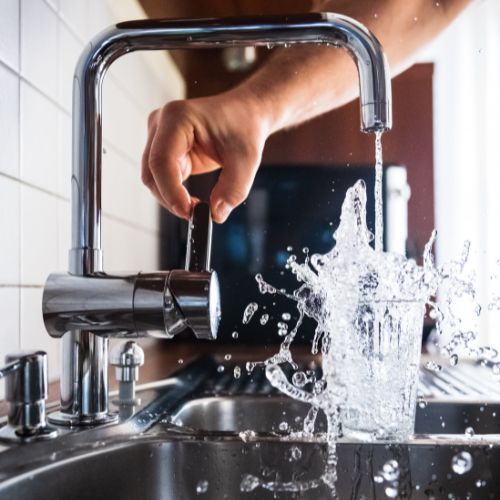
As we've explored throughout this article, water plays a vital role in various bodily functions, including regulating body temperature, aiding digestion, supporting cognitive function, and promoting healthy skin. By staying adequately hydrated, we can support these essential processes and optimize our overall health.
However, it's also important to recognize the potential consequences of dehydration, which can range from mild symptoms like fatigue and headaches to severe complications like kidney stones and heat stroke. By implementing practical tips for recognizing the signs of dehydration and staying hydrated, we can prevent these risks and maintain a healthy fluid balance within our bodies.
In a nut shell and a quick and easy guide to how much water should one drink...a general guideline often mentioned is the famous "8x8 rule" – drink eight 8-ounce glasses (or about 2 liters) of water a day.
Ultimately, the key to unraveling the hydration mystery lies in listening to our bodies, paying attention to our unique needs, and making a conscious effort to prioritize hydration in our daily routines. By doing so, we can quench our thirst for optimal health and ensure that we remain energized, focused, and ready to tackle whatever life has in store. So, raise a glass (or a bottle) of water to your health, and let's toast to a future filled with proper hydration and well-being!
Thanks for Reading & Stay Hydrated!
Ky & J
Related Reads:
